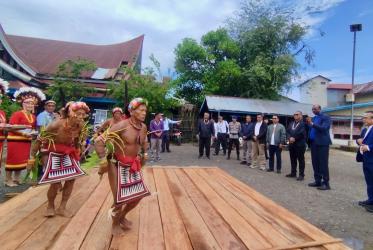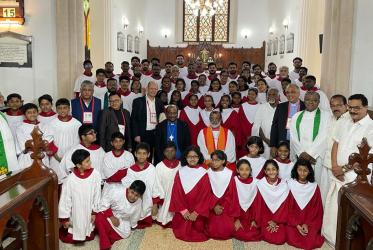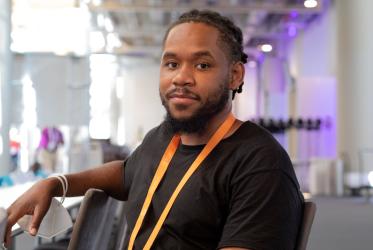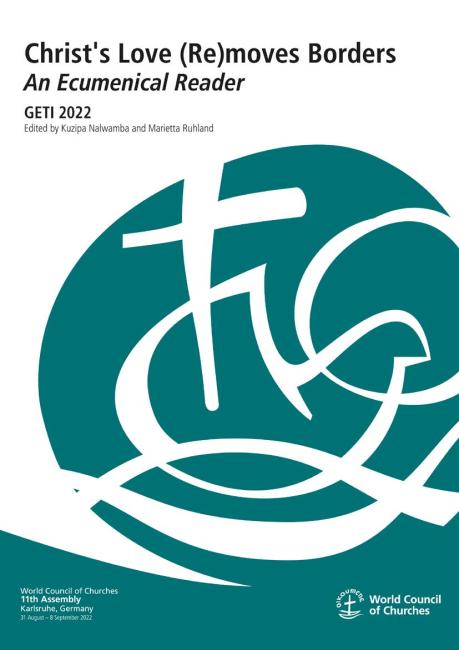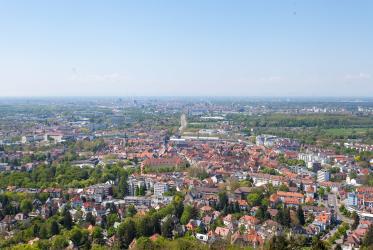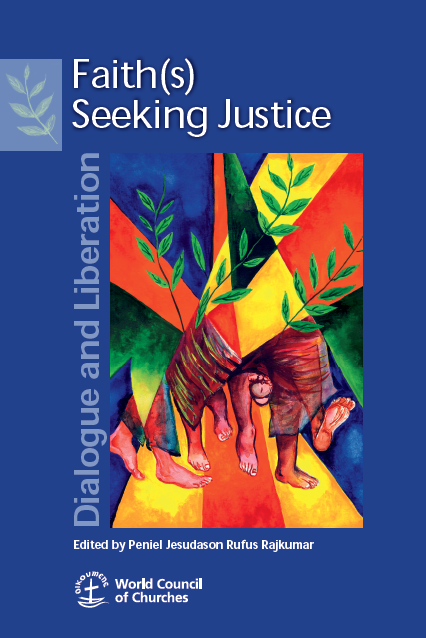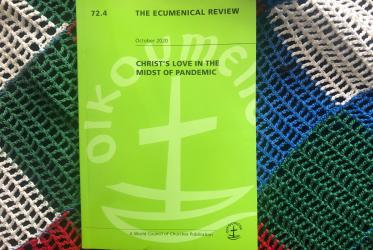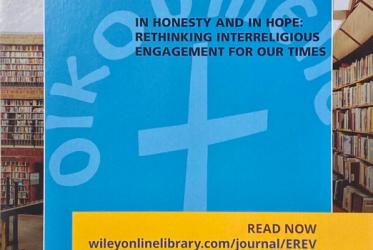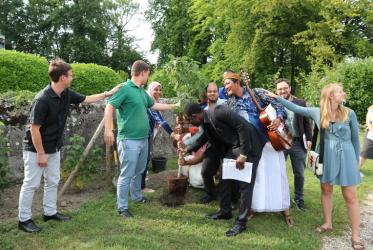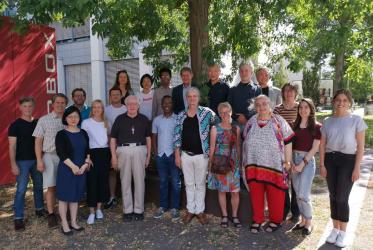An Ecumenical Reader
GETI 2022 at the 11th WCC Assembly in Karlsruhe, Germany, is the third instalment in the succession of WCC Global Ecumenical Theological Institutes (GETIs) under the auspices of the Ecumenical Theological Education (ETE) programme.
Christ’s Love (Re)moves Borders: An Ecumenical Reader as the study guide for GETI2022 brings together scripture, theology, and social science into a single compilation to facilitate intercultural academic study, ecumenical learning and sharing. Derived from the WCC 11th Assembly theme, “Christ’s Love Moves the World to Reconciliation and Unity”, the GETI2022 theme locates love and reconciliation at the heart of the gospel.
GETI brings together young and emerging ecumenical theologians and educators from a broad spectrum of Christian traditions and all eight regions of the WCC to engage with one another on current critical theological themes. The GETI2022 Reader is a key resource compilation to enable participants to: • Strengthen knowledge of current local and global ecumenical themes. • Engage with past, present and future issues in ecumenical discourse. • Utilize interdisciplinary approaches for ecumenical studies. • Express a theologically informed and contextually grounded ecumenical theology. • Seek constructive solutions for challenges in changing religious and societal landscapes.
25 July 2022
